US threatens to cut off Iraq's access to oil account in New York if troops expelled: Paper
Iraqi officials say the administration of US President Donald Trump has threatened to shut off Iraq's access to a key central banking account if Baghdad expels American troops from the Arab country.
Washington would shut down Baghdad's access to its main account at the Federal Reserve Bank of New York, used to collect revenues from Iraq's overseas oil sales, The Wall Street Journal quoted the officials as saying.
According to the most recent financial statement from the Central Bank of Iraq, the bank held almost $3 billion in overnight deposits at the close of 2018.
The report came a day after Trump implicitly threatened to seize $35 billion of Iraqi money held in US banks if the country insists on having American forces withdrawn from Iraq.
Trump said he had told Iraqi Prime Minister Adel Abdul-Mahdi that Iraq "should pay back the United States for its investments in the country over the past several years or the American military will stay there," Fox News reported.
"I said, 'If we leave, you got to pay us,'" Trump told the news network in the White House. "If we leave ... you have to pay us for the money we put in."
Asked how he planned to collect money from Iraq, Trump said: "Well, we have a lot of their money right now. We have a lot of their money. We have $35 billion of their money right now sitting in an account.
"And I think they’ll agree to pay. I think they’ll agree to pay. Otherwise, we’ll stay there," he added.
Last week, Trump claimed that the United States had paid Iraq billions of dollars a year for many years.
Asked about the claim on Friday, Trump told Fox News, "We built one of the world's most expensive airport facilities, anywhere in the world" in Iraq.
Baghdad International Airport houses US military personnel. On Saturday, NBC News revealed that CIA agents at the airport were waiting for a jet carrying Iranian Gen. Qassem Soleimani from Damascus.
Once the flight landed, American spies at the airport confirmed its exact whereabouts as three American drones moved into position overhead and targeted two vehicles carrying Soleimani and Iraq's anti-terror commander Abu Mehdi al-Muhandis and their companions.
The US military also controls several airbases in Iraq, including Ain al-Asad which is said to be the largest of the American bases in the Middle East.
On Wednesday, Iran pounded the airbases with a volley of ballistic missiles in response to General Soleimani's assassination.
About 5,300 American forces are deployed across Iraq. After the assassination, the Iraqi parliament approved a motion, calling for the withdrawal of all American forces.
On Thursday, Prime Minister Abdul-Mahdi asked US Secretary of State Mike Pompeo to "send delegates to put in place the tools to carry out the parliament's decision."
However, the State Department said in a statement on Friday that Washington would not hold discussions with Baghdad regarding US troop withdrawal.
The US, backed by the UK, invaded Iraq in 2003 under the pretext that the former regime of Saddam Hussein possessed weapons of mass destruction. No such weapons were ever found in the country.
The invasion, however, plunged Iraq into chaos and led to the rise of terrorist groups across the region.
VIDEO | Former FBI agent criticizes US Congress for 'outright corruption'
IRGC chief urges Muslim countries to cut aid routes to Israel
'New chapter in cooperation': Iran, Venezuela sign new MoUs
Jordan sentences former lawmaker for supporting Palestinian resistance
Basij volunteer forces hold massive drills in southwestern Iran
Israeli war criminals 'not welcome', US city says after ICC ruling
US vetoing of Gaza ceasefire resolution ‘disgraceful’: Iran’s UN envoy
VIDEO | IAEA adopts anti-Iran resolution tabled by E3


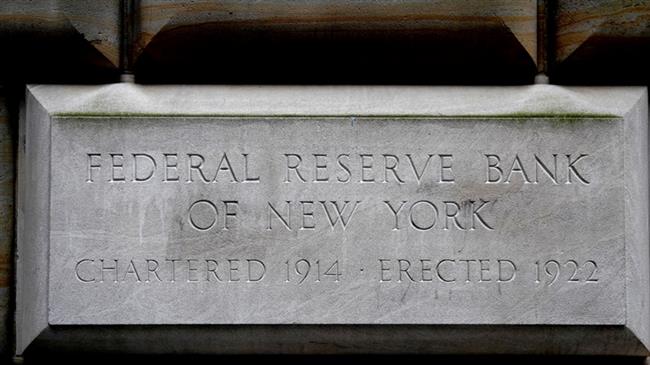



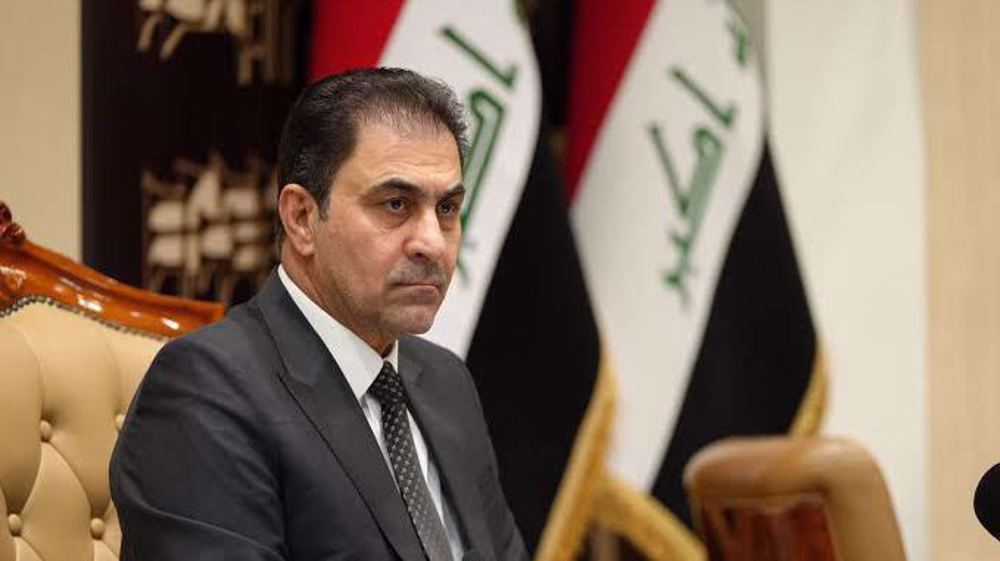
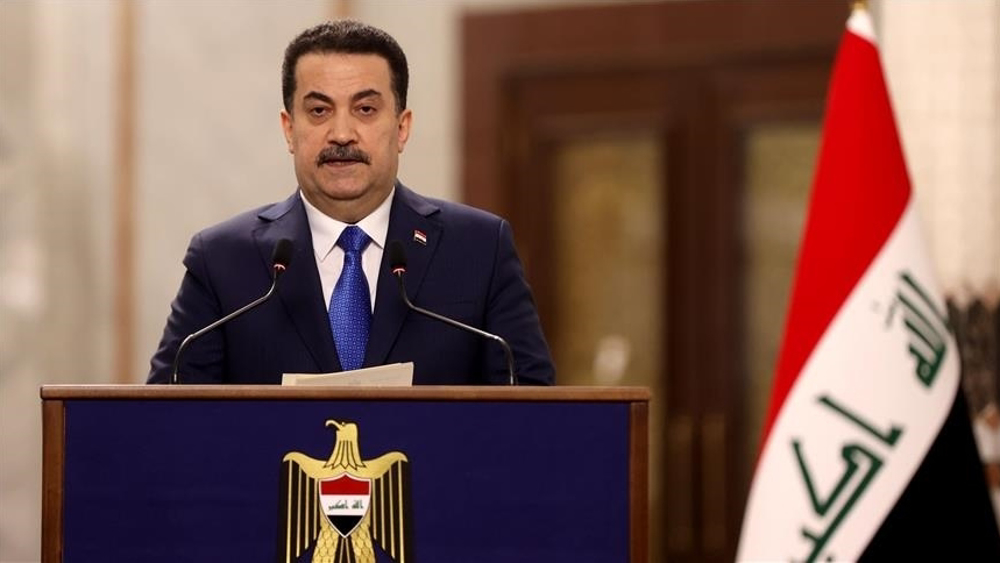
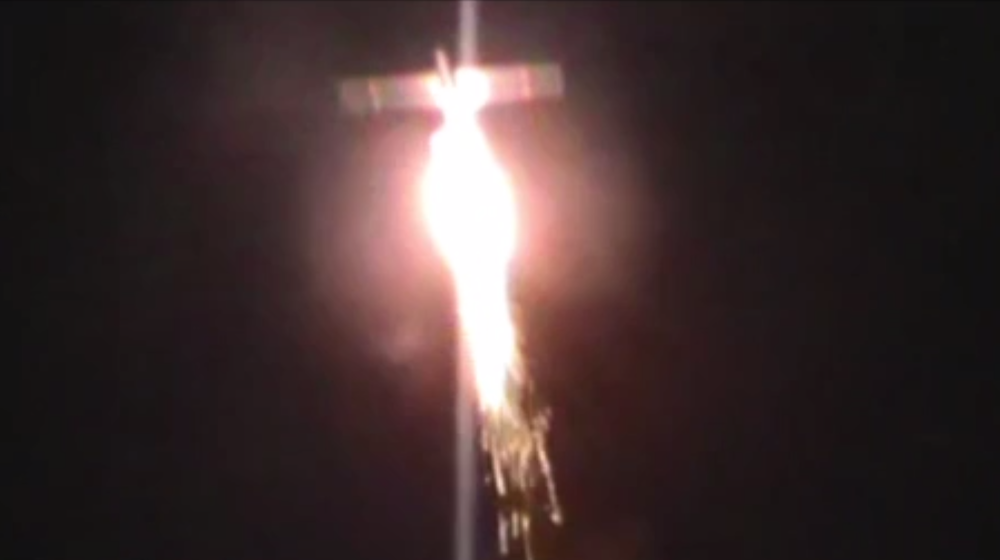




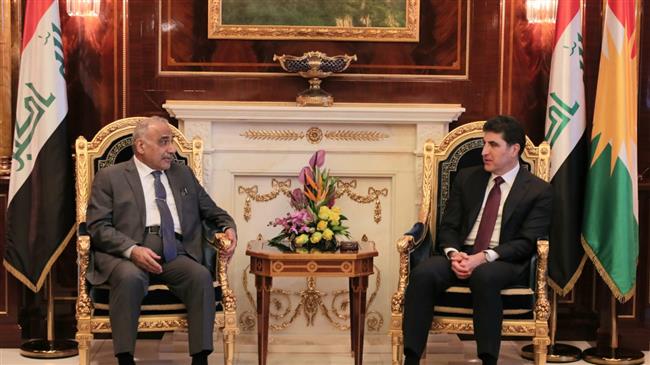

 This makes it easy to access the Press TV website
This makes it easy to access the Press TV website